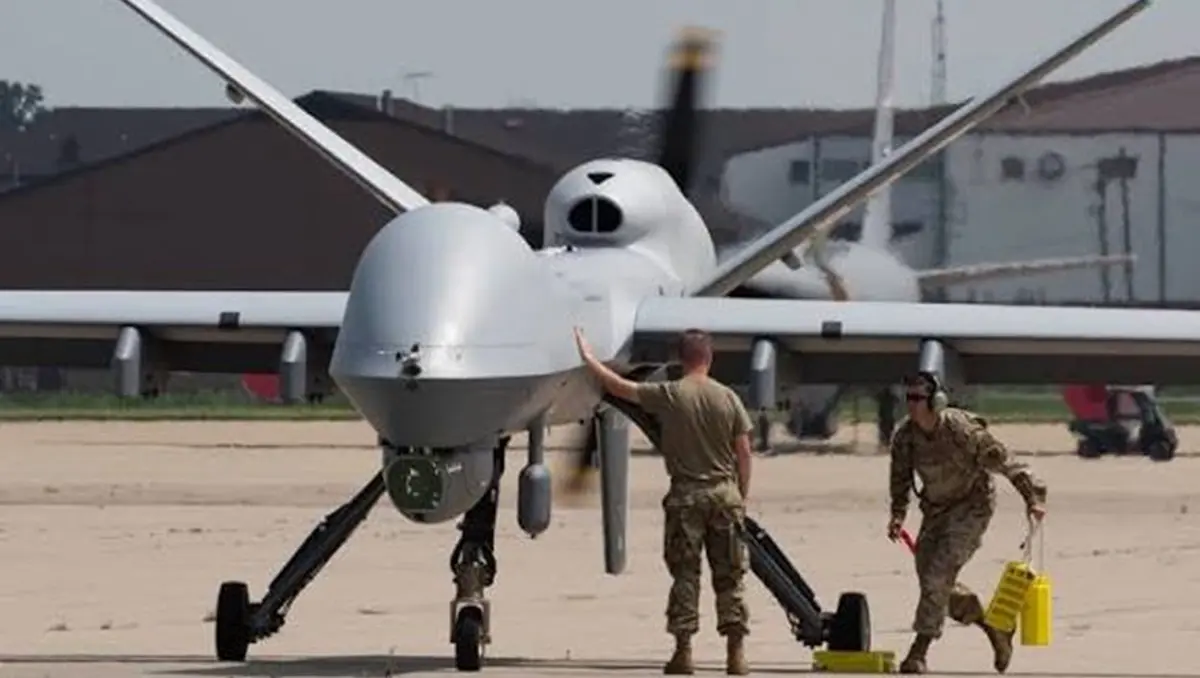Donald Trump declaring that his country is engaged in a “Non-International Armed Conflict” against drug cartels.
RELATED:
Neo-Colonialism in LATAM: Part 3: Deep Cracks in The West as The South Unites Stronger
In a statement published by the Cuban Foreign Affairs Ministry, the government of President Miguel Diaz-Canel expressed the following:
“As the Revolutionary government warned on Sept. 18, the escalation of actions by the U.S. government to justify military aggression against the Bolivarian Republic of Venezuela has continued and is increasing.
The extraordinary buildup of military assets in the southern Caribbean, recent illegal incursions by U.S. combat aircraft into a Venezuelan Flight Information Region, the repeated destruction of civilian vessels and the killing of their crews, and the announcement that military actions of this kind would be extended to land areas, are complemented by the notification that the United States would be in a non-international armed conflict against illegal combatants.
This unusual notification, which seeks to legitimize and justify larger-scale military actions, could serve as a pretext for carrying out a military operation against Venezuela, in violation of the purposes and principles of the United Nations Charter and international law.
A direct military aggression against Venezuela would unleash an armed conflict with incalculable consequences for peace, security and stability in our America.
We reiterate Cuba’s firm and unwavering support for the Bolivarian and Chavista government of Venezuela and the Popular and Military Unity of the Venezuelan people. Military aggression must be stopped to preserve peace in Latin America and the Caribbean.”
Washington Turns the Caribbean Into a Colonization Area
Previously, in late August, the United States announced it would use “all its power” to stop the “flow of drugs into the country,” which included sending ships and troops to Caribbean waters near Venezuela.
In early September, the U.S. Navy carried out an airstrike in the southern Caribbean against a boat, killing the 11 people on board.
Currently, Washington has deployed in the Caribbean, near Venezuelan waters, eight warships with missiles and a nuclear-powered submarine and has ordered the deployment of MQ-9 Reaper drones and 10 F-35 fighter jets to an air base in Puerto Rico.
On Thursday, Colombian President Gustavo Petro once again rejected the presence of US military forces in the Caribbean. His statements came after Venezuela detected U.S. military aircraft 75 kilometers off the Venezuelan coast.
“They have turned the Caribbean from a zone of peace, as agreed upon with the United States, into a zone of aggression and colonization. The consequences of these actions will be negative in the short and long term,” Petro said.
The Venezuelan government announced that it will file a complaint with the United Nations Security Council and other international institutions, given that the U.S. aircraft incursion violates international law and the Chicago Convention on International Civil Aviation.


